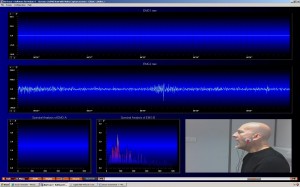 Yawning presents scientists and clinicians with an intriguing phenomenon. There is continued uncertainty over its neuroanatomical origin, the neuro-chemicals involved, mechanisms involved, and its reasons of functionality. Apart from being able to visually (and aurally) observe a person yawning, it has been difficult to quantify until now.
Yawning presents scientists and clinicians with an intriguing phenomenon. There is continued uncertainty over its neuroanatomical origin, the neuro-chemicals involved, mechanisms involved, and its reasons of functionality. Apart from being able to visually (and aurally) observe a person yawning, it has been difficult to quantify until now.
Researchers suggest that yawning may play an important role in the protection of our immune system, by regulating hormones, and particular reflexes, when we are exposed to psychological or physical stress or fatigue (Thompson, & Zisa, 2012).
The stress hormone, cortisol may be a part of this complex response because of its involvement in the hypothalamus-pituitary-adrenal axis (Wikipedia, 2013). Cortisol, known systematically as 11-beta-11, 17, 21-trihydroxypregn-4-ene-3, 20-dione (IUPAC, 2013), is measured reliably in saliva as well as in the blood. The exact relationship between cortisol and yawning is thought to be either as a precursor to the yawn or as a result of yawning since, curiously, cortisol is found to be elevated after yawning (Thompson, & Bishop, 2012).
The yawn is produced by stretching the muscles along the jaw-line; however, the extent of stretch and volume of yawn varies between people. Measuring the level of electrical muscle activity using electromyography (EMG) at the muscle site during the yawn phase is in the region of millionths of a volt and may be sustained for several seconds.
Male and female volunteers aged between 18-53 years were exposed to conditions that provoked a yawning response in a randomised controlled trial here at Bournemouth University. For the first time, the yawn was quantified and a profile of EMG data (sine wave) was obtained.
Initial observations find that of a sample of yawners and non-yawners, induced by presentation of yawning stimuli, the people who yawned had elevated nerve activity from 50 (at rest) to 175 (after stimuli presentation and yawning) (see Photo) compared with those who did not yawn who exhibited 10 (at rest) to 80 (after stimuli presentation). Yawners generally had higher level of electrical muscular jaw activity both before and after yawning.
Further research is continuing into the “yawning envelope” (EMG wave) with the hope that, together with cortisol measurement, this new information may form part of a potential diagnostic tool to identify untoward early neurological sequelae that are indicative of neurological disease.
IUPAC – International Union of Pure and Applied Chemistry., 2013. www.iupac.org/home/about.html, Accessed 18.08.2013
Thompson, S.B.N., & Bishop, P., 2012. Born to yawn? Understanding yawning as a warning of the rise in cortisol levels: randomized trial. Interactive Journal of Medical Research 1(5);e4:1-9. Doi: 10.2196/ijmr.2241
Thompson SBN, Zisa L., 2012. Ill-health, stress, cortisol levels and yawning. In SBN Thompson (Ed.), Psychology of trauma: clinical reviews, case histories, research. Portsmouth: Blackwell-Harvard-Academic: 125-132
Wikipedia, 2013b. Hypothalamic-pituitary-adrenal axis. http://en.wikipedia.org/wiki/Hypothalamic%E2%80%93pituitary%E2%80%93adrenal_axis, Accessed: 18.08.2013

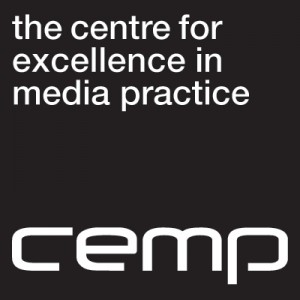
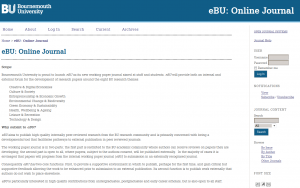
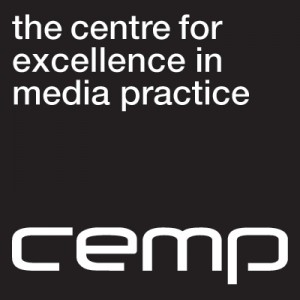
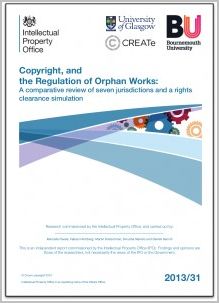

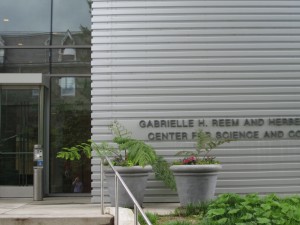
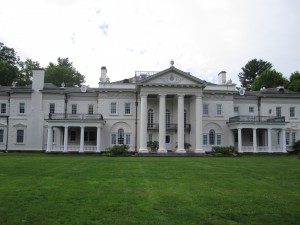
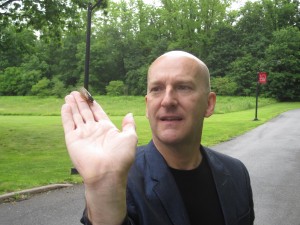
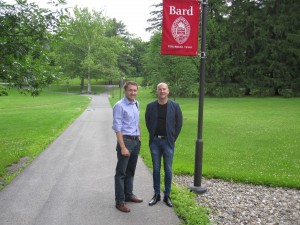
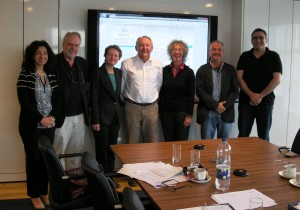















 Free event on Solutions to Inequalities in Dementia Diagnosis and Care
Free event on Solutions to Inequalities in Dementia Diagnosis and Care BU attendance at third annual GCPHR meeting in June
BU attendance at third annual GCPHR meeting in June Interactive Tangible and Intangible Heritage Applications – BU student work featured in new book chapter
Interactive Tangible and Intangible Heritage Applications – BU student work featured in new book chapter Second NIHR MIHERC meeting in Bournemouth this week
Second NIHR MIHERC meeting in Bournemouth this week MSCA Postdoctoral Fellowships 2025 Call
MSCA Postdoctoral Fellowships 2025 Call ERC Advanced Grant 2025 Webinar
ERC Advanced Grant 2025 Webinar Horizon Europe Work Programme 2025 Published
Horizon Europe Work Programme 2025 Published Horizon Europe 2025 Work Programme pre-Published
Horizon Europe 2025 Work Programme pre-Published Update on UKRO services
Update on UKRO services European research project exploring use of ‘virtual twins’ to better manage metabolic associated fatty liver disease
European research project exploring use of ‘virtual twins’ to better manage metabolic associated fatty liver disease